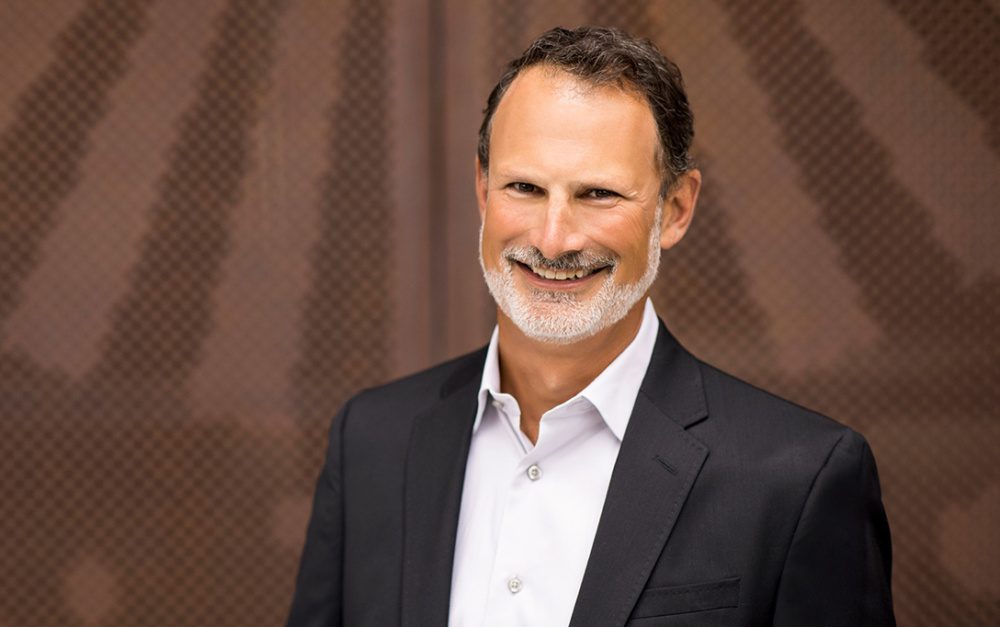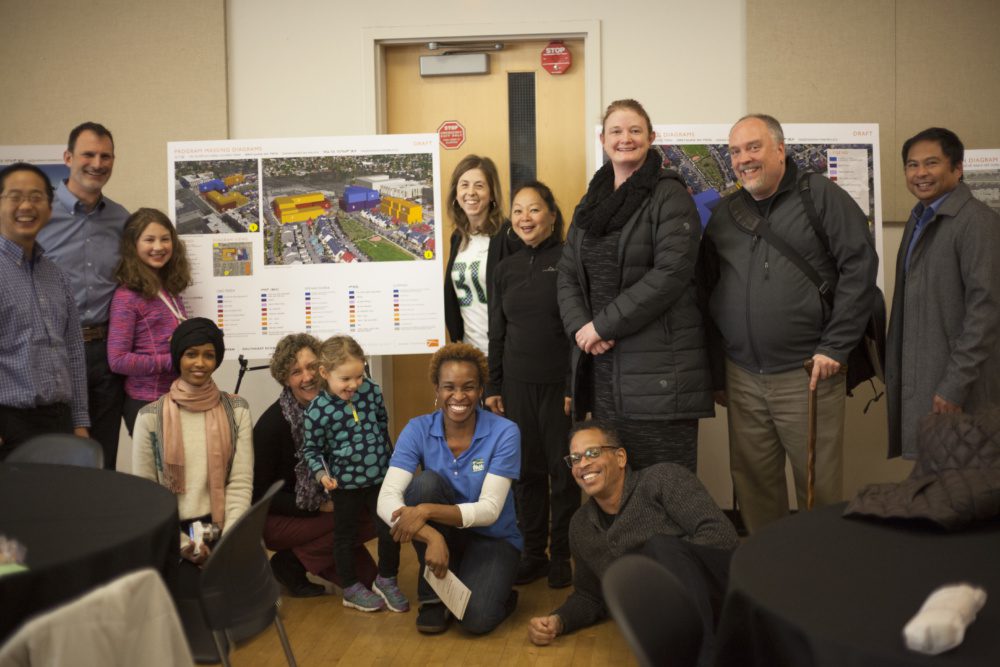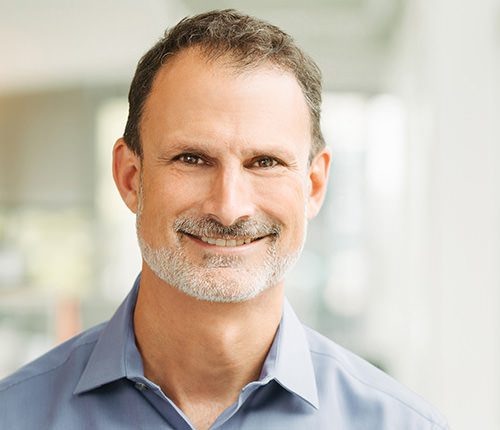By Jeff Reibman
For over 25 years, Jeff has been working in the Seattle area with a focus on residential design. He has a particular interest in working with senior and affordable housing developers and organizations to help them maximize their financial capabilities and turn them into safe, healthy affordable homes.

Jeff Reibman started with Weber Thompson in 2002 and now oversees the mid-rise, affordable housing, and senior housing studios.
“Advice I would give to anyone is just to lean into who you are and be honest about it. You’ve got a unique contribution to make, whoever you are. Explore enough to understand what you’re good at and what you love. Focus on learning and growing that and doing it well, and bringing your best to it every day.”
Jeff Reibman is a Senior Principal at Weber Thompson. He joined Weber Thompson in 2004 and today he leads the firm’s mid-rise, affordable housing and senior housing teams. He also leads Weber Thompson’s internal Equity, Diversity and Inclusion (EDI) group.
How do you like working on affordable housing projects?
I love doing affordable housing, I really do. It’s an exciting market to be in. As we’ve seen more public awareness of the need for affordable housing, we’ve seen a lot more interest in creative solutions on the part of the funders. That’s opened a world of possibilities to develop affordable housing in creative and interesting ways with partnerships, mixed income, utilizing existing sites, and thinking more about quality of life, transit access, employment access and how that all relates to the affordable housing need. It’s thinking about how can we build something that really makes a difference. And more of it.

Jeff Reibman and members of the Othello Square team at a community celebration at the New Holly Gathering Hall.
How has WT supported a culture that prioritizes inclusivity?
WT’s culture has always been inclusive in a very deliberate way. That’s the special thing about getting us to this point where we are Washington State’s largest majority women-owned architecture firm. Ever since I started here, I have always felt like this was a place where everyone had a lot of opportunities. It is a place where people can experiment, feel safe, feel supported, find the role where they can really contribute the most, and be valued for that.
It’s important for people who are in the leadership role to understand their own experience and how that affects the way they think about things or make judgements or decisions. We all tend to fall back to what we’ve been taught or patterns we’ve learned that are familiar and comfortable to us. If those familiar and comfortable patterns have been exclusive and limiting, then they’re not going to serve us very well. It is really incumbent on all of us to understand not just what we think, but how we think and why we think that way. And challenge it.
How are you working to grow WT’s EDI group?
I’m really proud of the work we are doing in our EDI group. We had some employees who were exploring EDI outside of the office and bringing really interesting conversations to WT. Working with our non-profit clients exposes us to a whole different side of the industry. It gives us the opportunity to get into really deep engagement with future residents and with the communities where we work. We quickly realized that we needed to learn some new tools for that. Once you start getting exposed to that mindset of leading with equity, it’s hard not to want to make that part of your work. For the EDI group, we’ve focused on equity, diversity and inclusion within Weber Thompson. But there is also a focus on making sure it is reflected in the work we do. That’s important to me as a partner, because I have that opportunity to share that thinking widely.
Do you have any advice or words of encouragement?
Looking back at my time in architecture school, I certainly had my struggles. I remember one of my professors told me that I should consider looking at other professions. I loved what I was doing in school and what I was learning so I just said to myself, “Nope, I’m not taking that.” If you’re in school and you’re struggling, or unsure if there is a place for you, just understand that the practice of architecture is a lot broader than you might think and there are a lot of different ways to be successful. Seek out people who have experience out in the profession to get a broader sense of what the opportunities might be. That would be my advice to students.
Advice I would give to anyone regardless of whatever their background, or how they identify, is just to lean into who you are and be honest about it. You’ve got a unique contribution to make, whoever you are. Explore enough to understand what you’re good at, what you love, focus on learning and growing that, doing it well, and bringing your best to it every day.
